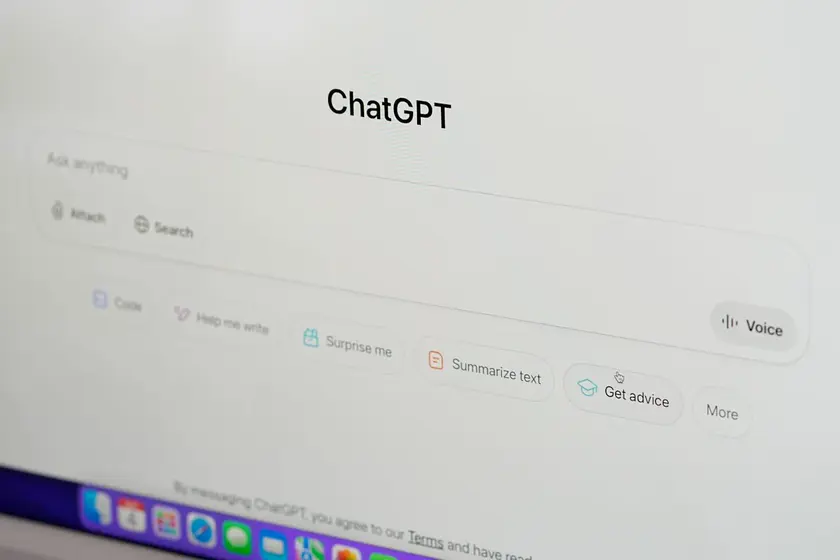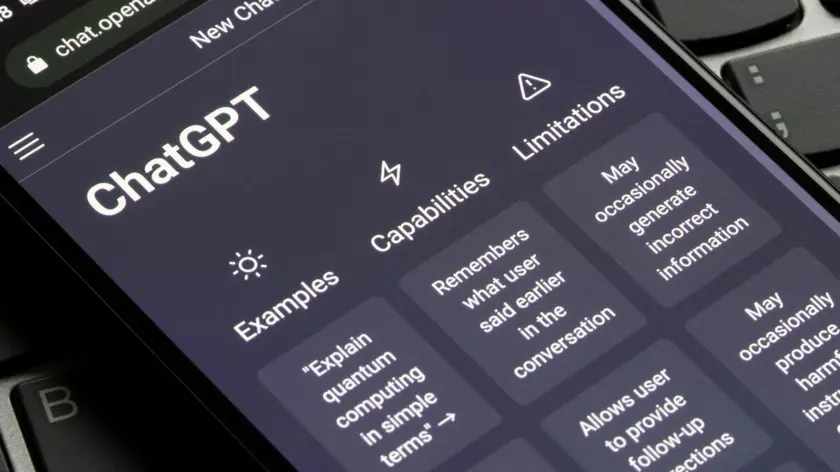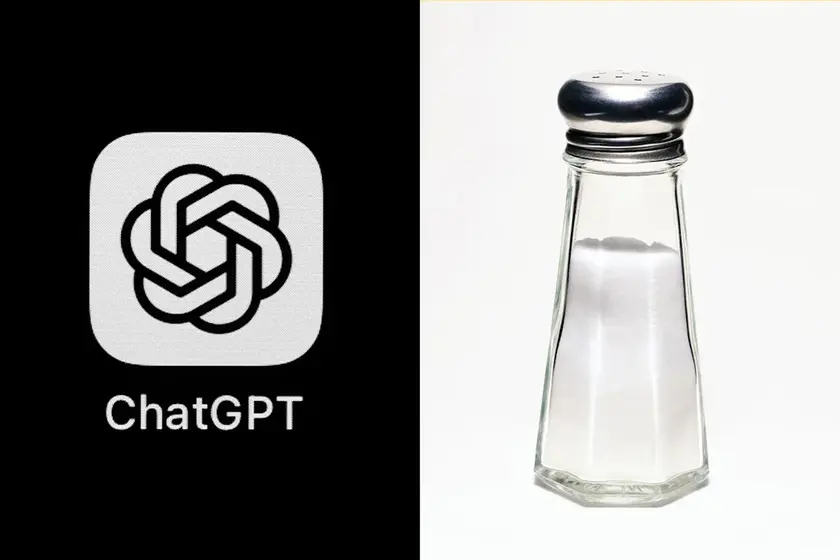T4K3.news
AI health guidance linked to hospitalization
A 60-year-old man was hospitalized after following salt substitute advice from ChatGPT, highlighting AI safety concerns.

A 60-year-old man was hospitalized after following a salt substitute suggestion from ChatGPT, highlighting the risks of AI health guidance.
ChatGPT diet guidance ends in hospital case
A 60-year-old man sought a salt substitute to reduce his sodium intake and asked ChatGPT for alternatives to table salt. The chatbot reportedly suggested sodium bromide, a chemical once used in medicines and industry. He used bromide as a salt substitute for about three months and then developed severe paranoia and hallucinations, leading to an ER visit. Doctors diagnosed bromide toxicity and treated him for three weeks, with his symptoms gradually improving.
Medical staff noted that the original AI chat logs were not available for review, and the bot’s recommendation may have reflected a broader context or nonmedical uses such as cleaning. OpenAI said ChatGPT is not a substitute for professional medical advice and is not designed to diagnose or treat health conditions. The case underscores how AI output can drift from safe medical guidance when users seek quick answers online.
Key Takeaways
"This case shows how quickly guidance meant to help can cause harm."
Editorial takeaway on safety risks in AI medical outputs.
"AI must be carefully framed to avoid medical misuse."
Doctors call for safeguards on AI health advice.
"Bromide toxicity is historic but the danger remains in digital tips."
Historical reminder of toxic substitutes in modern AI misuse.
"We should not treat AI as a doctor."
Patient safety warning from hospital staff.
AI tools can generate information that looks authoritative but is not appropriate for clinical use. This episode shows how a health question without medical context can trigger dangerous substitutions. Developers need stronger safeguards and clearer warnings for health queries, while users should treat AI as one source among many and always seek professional care for medical issues. The episode also invites a broader look at how medical accountability works when AI is involved.
Highlights
- This case shows how quickly guidance meant to help can cause harm.
- AI must be carefully framed to avoid medical misuse.
- Bromide toxicity is historic but the danger remains in digital tips.
- Read the full case before trusting online health tips.
Medical risk from AI health guidance
The case demonstrates how AI health advice without clinical context can lead to dangerous outcomes, underscoring the need for safeguards and clear user guidance.
Safety must pace itself with the tools we create
Enjoyed this? Let your friends know!
Related News

ChatGPT health advice linked to bromide toxicity

AI health guidance under scrutiny

AI health advice case raises safety concerns

AI diet advice leads to bromide poisoning

Bay County sees second Vibrio death this year

Salt swap AI guidance leads to bromide poisoning

Self harm case highlights AI health guidance risks

Infant botulism linked to peanut butter
